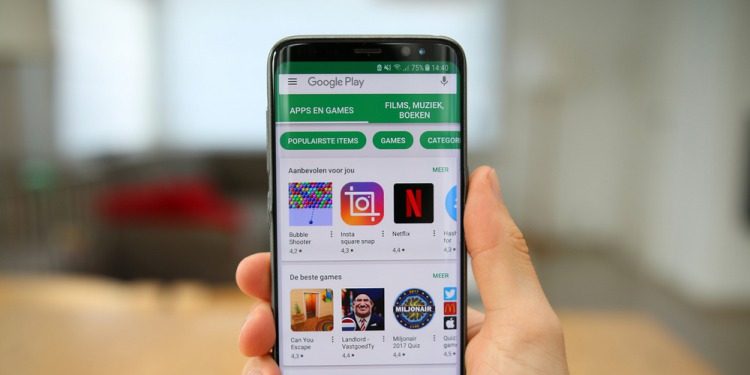
Google is introducing massive changes to its policies regarding apps submitted to the Play Store. As part of its new policies, the software giant says that from late 2018, apps and app updates will need to target newer Android API levels to ensure optimum security and performance. Here’s what developers need to keep in mind:
Target API Level Requirement from Late 2018
- New apps will have to target recent API levels from August 2018
- Existing apps will have to push updates based on the newer APIs from November 2018
- In both cases, apps will need to target API level 26 (Android 8.0 Oreo) or higher
From 2019, the targetSdkVersion will advance every year, requiring new apps and app updates to target the corresponding API level or higher. However, developers will still be able to use a minSdkVersion of their choice, so they will still be able to write apps for older Android versions.
While Google says that “existing apps that are not receiving updates will remain unaffected”, there is a big caveat to that exemption. According to the blog post detailing its policy changes, “Future Android versions will also restrict apps that don’t target a recent API level and adversely impact performance or security”. Which means apps that are not updated for very long will stop working with newer Android versions altogether, but this shouldn’t disrupt the millions of users who are still expected to continue using older versions of the operating system.
64-bit Support Requirement from 2019 (For Apps Using Native Libraries)
Another upcoming change relates to 64-bit support, which was originally introduced in Android 5.0. With over 40% of connected Android devices supporting 64-bit architecture, developers that have so far not released 64-bit codes of their software will now need to get with the program, but only if their apps use native libraries. Such apps will need to have a 64-bit library either within the same APK or otherwise. The change will come into effect from August 2019. Apps that do not include any native code will remain unaffected by this change.
Inclusion Security Metadata in Early 2018
The third and final change relates to Android security, something that has always been a touchy subject. Starting early next year, Google will add a small amount of security metadata to each APK to signify the authenticity of an app. The metadata will not alter or modify the functionality of apps in any way, shape or form, but will be able to verify that the software was officially distributed by the Play Store. Google says that it will adjust the max APK size to reflect the addition of the metadata. Unlike the two earlier changes, developers won’t have any additional workload for the implementation of this particular change.










